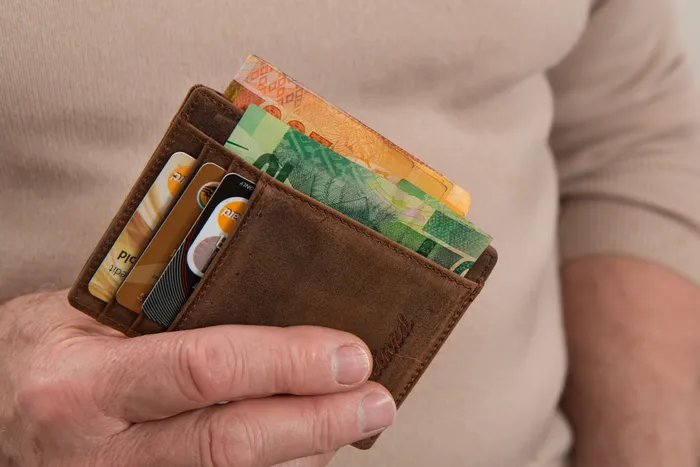2023 was one of hardest years SA consumers ever had to face – DebtBusters

Benay Sager, the executive head of debt management company DebtBusters, said it was a positive sign that debt counselling enquiries increased by 46%. File photo
Last year was one of the most financially difficult years that South African consumers have ever had to endure since democracy, according to the latest Fourth Quarter 2023 Debt Index, released by DebtBusters yesterday to coincide with National Debt Awareness Month.
It said high inflation and interest rates and a strained economy had combined to erode disposable incomes.
Rising food, electricity and fuel prices drove inflation, with the SA Reserve Bank countering by hiking interest rates to combat it. This had led to high interest rates, which were now 475 basis points higher than in 2020.
Crippling levels of load shedding also constrained meaningful economic growth and, consequently, salary increases.
Average interest rates for unsecured debt were now at an eight-year high of 25.6%.
The average interest rate for a bond grew from 8.3% per annum in the last quarter of 2020 to 12.3% by the last quarter of last year, the DebtBusters report noted.
Among other findings, the index showed that consumers who applied for debt counselling in the last quarter of last year had 39% less purchasing power than in 2016 and, on average, were spending 62% of their take-home pay to service debt. Some 95% of these applicants were also relying on personal loans to supplement their incomes.
The last quarter was the second quarter in a row that the median debt-to-annual-income ratio had declined, although at 106% it was still high. This indicated that consumers were still experiencing the effects of the interest rate increases that began in November 2021 and remain elevated.
With the theme of National Debt Awareness Month this year being financial sustainability, Benay Sager, the executive head of debt management company DebtBusters, said it was a positive sign that debt counselling enquiries increased by 46% and demand for online debt management was up 54% compared with the same period the previous year.
He said this showed that more people were proactively seeking help to manage their debt.
Sager, in an interview with “Business Report”, on what he wanted President Cyril Ramaphosa’s State of the Nation Address this week to deliver, said South Africa needed the economy to grow, and the speech must provide direction on how the country could do so.
Potential economic growth is definitely what was needed when it came to easing consumers’ financial burden, he said.
“I think consumers would love to have some relief, whether it’s in the form of reductions in petrol taxes or some other means. Consumers would welcome any change that would potentially positively impact their financial situation.
“They are really looking forward to having a better year in 2024, and I think the expectation is that even though this is an election year, the groundwork is laid to help the economy grow sustainably. I think those would be top of mind for consumers, as well as inflation being tamed,” Sager said.
However, he said Finance Minister Enoch Godongwana’s Budget speech later this month was very important to get a glimpse of how the economy was doing and what real initiatives would be put in place by the Treasury and others.
“We are hoping again that it will be pro-growth, like last year’s was, and that we can take advantage of the situation,” Sager said.
BUSINESS REPORT